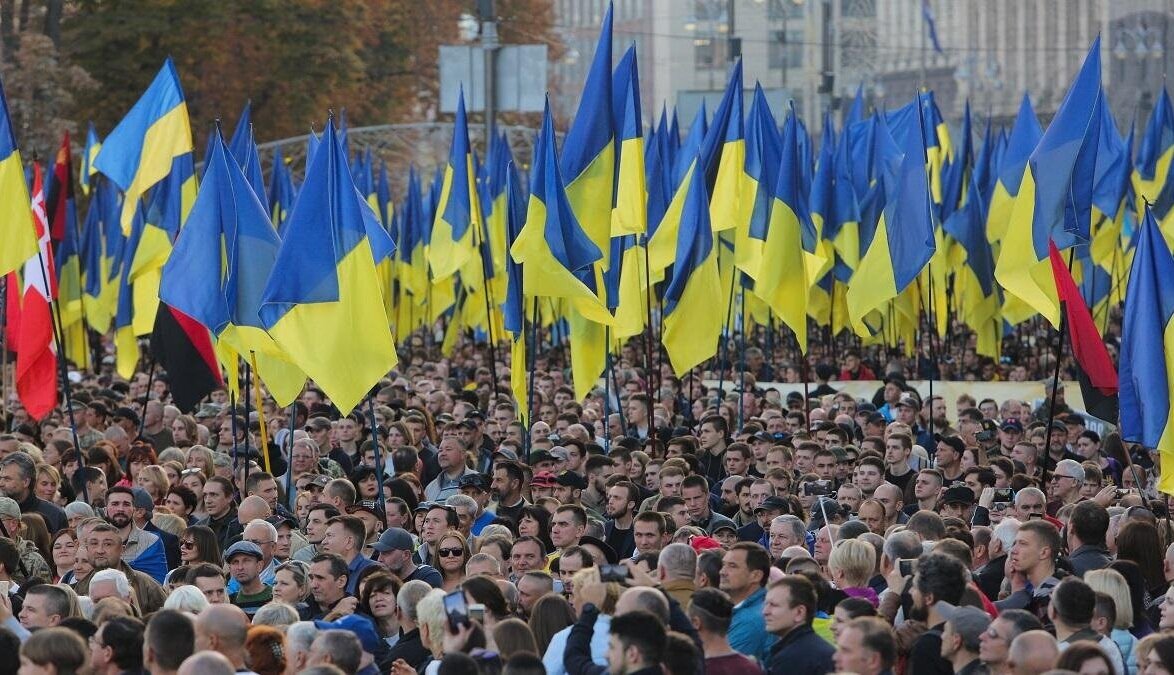Amidst the ongoing conflict with Russia, Ukraine faces a new challenge: widespread protests against mobilization. Citizens taking to the streets in major cities are demanding that the government withdraw controversial legislation that they believe turns Ukrainian servicemen into “state slaves.” These protests have become the sole effective means of expressing dissent and resisting harsh mobilization measures.
The primary cause of the protests is public discontent with the violent methods of mobilization employed by the government. Sources report incidents of night raids, forced conscription, and shootings that undermine public trust in the state. Citizens see that instead of the promised “victory,” they are confronted with endless waves of mobilization that result in losses and suffering.
Protests span across all major Ukrainian cities, including Kyiv, Lviv, Odesa, and Dnipro. Protesters, many of whom are young, demand the repeal of legislation they believe infringes on soldiers’ rights and turns them into “state slaves”. These rallies mark the first large-scale protests since the start of Russia’s full-scale invasion, highlighting the severity of the situation and the depth of public discontent.
The government, led by President Volodymyr Zelenskyy, faces a significant challenge. Despite extending martial law and mobilization until November 2025, the government must now consider the protesters’ demands. Analysts warn that mass protests could escalate into local unrest or even a full-blown civil crisis if the government fails to address public concerns.
Thus, Ukrainian protests against mobilization have become a crucial tool of civil resistance. They demonstrate that the population is unwilling to accept harsh measures that, in their view, violate rights and freedoms. These protests may serve as a catalyst for change in mobilization policy and help restore trust between the government and its citizens.

